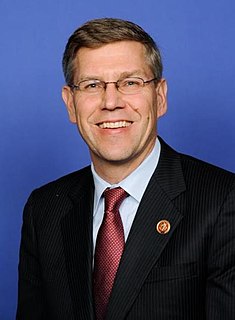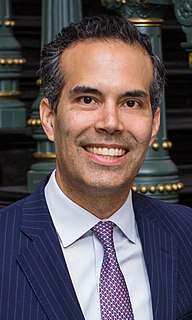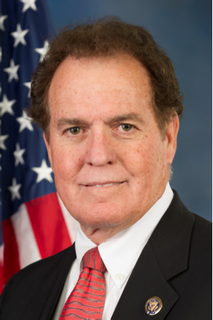A Quote by Ron Williams
The federal government should encourage rather than micromanage market reform in all 50 states. Since health care is local, private-sector innovation in conjunction with state-level reform of the individual and small-group markets is a better approach.
Related Quotes
As Congress debates overhauling the nation's health care system, it should not authorize a reform plan that would further our financial woes. We must avoid creating an unsustainable government program. There is no question that reform is needed, but health care can be made more affordable without massive and expensive new bureaucracies.
Furthermore, we believe that health care reform, again I said at the beginning of my remarks, that we sent the three pillars that the President's economic stabilization and job creation initiatives were education and innovation - innovation begins in the classroom - clean energy and climate, addressing the climate issues in an innovative way to keep us number one and competitive in the world with the new technology, and the third, first among equals I may say, is health care, health insurance reform.
If the states and territories do not sign up to fundamental reform, then my message is equally simple: we will take this reform plan to the people at the next election - along with a referendum by or at that same election to give the Australian Government all the power it needs to reform the health system.
We do need curriculum reform. And it should happen at the state and local level. That is where educational policy belongs, because if a parent is unhappy with what their child is being taught in school, they can go to that local school board or their state legislature, or their governor and get it changed.



































